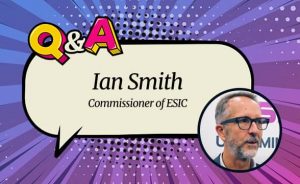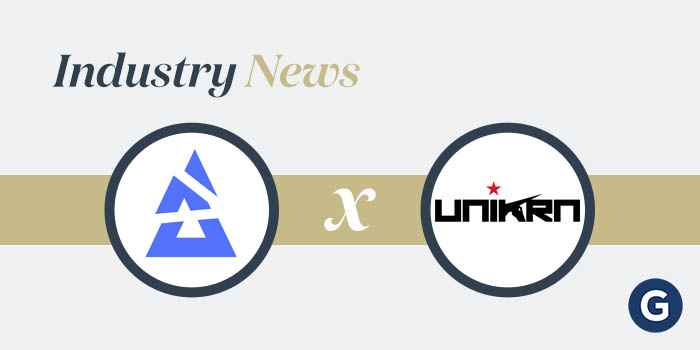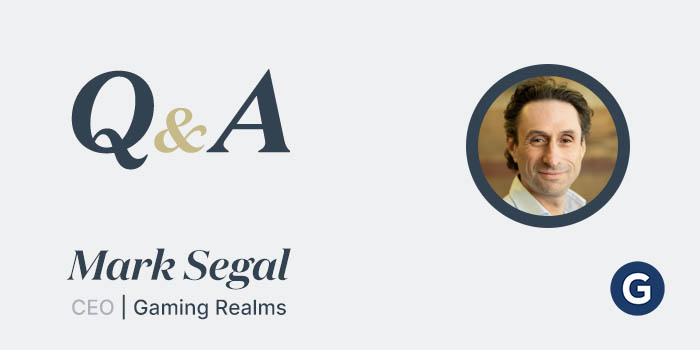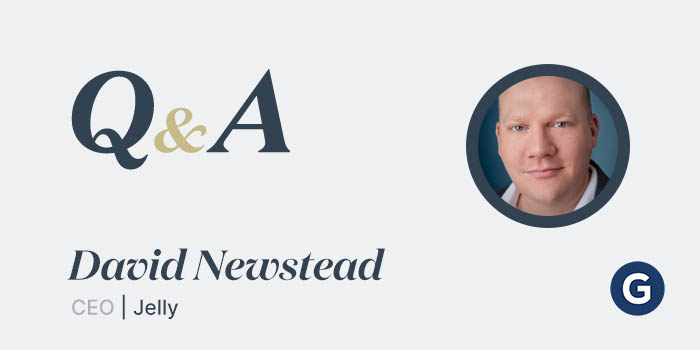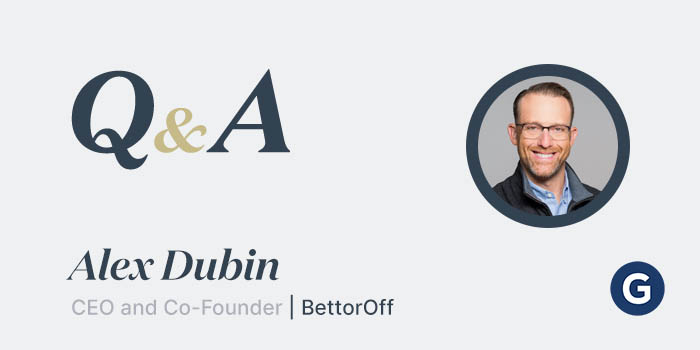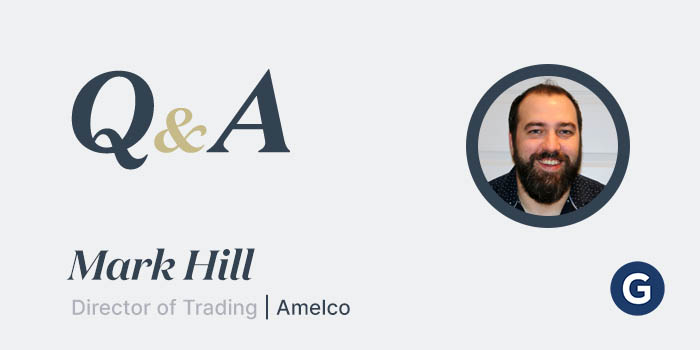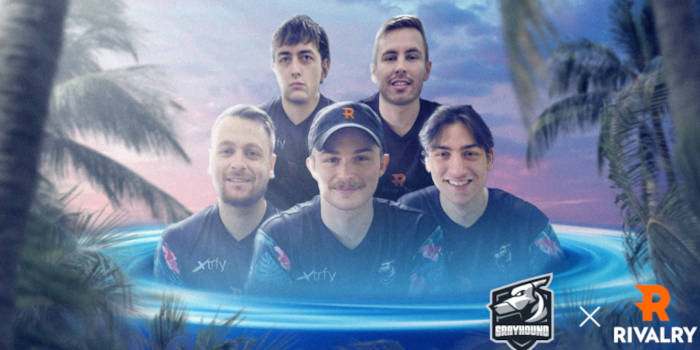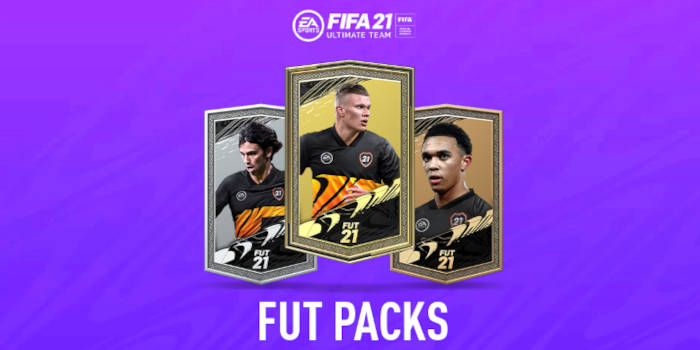Ian Smith: ‘It’s a Myth Most Esports Players Are Underage’
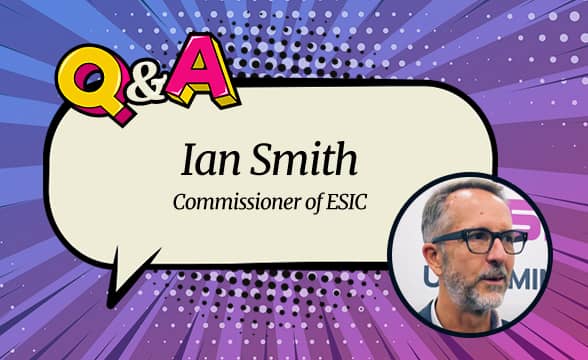
The Esports Integrity Coalition (ESIC) is an initiative that Integrity Commissioner Ian Smith would describe as a pragmatic endeavor. Not a proponent of gambling, Ian has realized the pressing need to have an overseeing body in the quickly expanding esports industry, providing consistent regulations, a suspicious betting alert network and rulings in contentious cases to keep esports clean.
Since launching in July, 2016, the ESIC has secured a number of respected institutions as partners, starting with tournament hosts such as ESL, Blast Pro Series, Dreamhack and LVP, media companies such as Esports Insider and endemic and non-endemic sportsbooks, such as Betway, Pinnacle, Skybet, ArcaneBetand Rivalry.gg.
The ESIC has already had to allocate stiff penalties to players who tried to cheat as part of official esports events, sending a clear sign cheating would not be tolerated. We had the opportunity to speak with Ian who shared his thoughts on the future of the industry, how mature esports are and who is playing them as well as the existing partnerships between betting agencies and ESIC. Here is what Ian shared with us:
Ian Smith, ESIC Integrity Commissioner
Q: As a head of ESIC, do you see a future for esports betting gaining popularity over the next years?
Definitely – we are not advocates for gambling, but we are pragmatists who recognize that it’s happening and has a potential impact on competitive integrity. We also recognize that betting on esports is the fastest growing sports betting product in the world and we do not see that trend ending for some time.
Ian offered an interesting point of view on the maturity of the industry, explaining that while many participants were still young, many players only fully got into competitive video gaming at around 18 years of age. He still cautioned that any campaigns targeting advertisement in the sector need to be careful and consider the age of the audience. He hoped that bettors would recognise that well-regulated, licensed operators should be favoured over the less scrupulous operators that proliferate in this area.
Q: Do you think esports betting is in conflict with the fact that most esports players are of young to be exposed to this type of content?
No – it is a myth that most esports players are underage. It is true that gamers skew young, but to reach elite levels in esports (as opposed to just being good at a game) takes a long time and a lot of practice, so, by the time players reach the pro level, they tend to be over 18. It does differ from game to game, but I doubt statistically that the players are demographically any different to elite footballers, cricketers, rugby players…
What is true is that the esports audience skews younger than traditional sports audiences, so promotions, sponsorships and activations need to be carefully thought through to avoid appealing to underage gamblers, but there are laws in place in most countries that deal with this issues.
Commenting on the involvement of betting agencies in the industry, Ian pointed out that sportsbooks had the exact same interest in competitions’ integrity as do hosts, teams and fans. He also cited Unikrn as an example of how a betting agency can serve as a role model for all others. Unikrn is a fully-licensed esports betting platform, having obtained an Isle of Man license earlier this year.
Q: Not so long ago, Unikrn announced a “skill-based” wagering system that allows players to bet on themselves. What do you think about that?
I think it is up to the esports industry to engage with and work with the licensed betting industry to protect esports from the threats posed by potential betting fraud. Both the esports industry and the betting industry have the same interest in competitive integrity, they just come at it from different directions. Unikrn have been exemplary supports of ESIC and were our first betting operator member as far back as early 2016.
While the Esports Integrity Coalition may still be little known to the average esports fan, the organization is hard at work to secure the transparency of events and tackle match-fixing, a problem that could potentially have significant repercussions across the esports world. Yet, with setting stringent criteria beforehand and collaborating with sportsbooks, ESIC is sending a clear message to potential wrongdoers.
Q: ESIC itself is known to work with multiple esports betting agencies. What sort of collaboration have you been able to develop?
We are in the process of changing the nature of our betting membership, so there will be announcements soon, but the core will remain the same as it’s always been: The exchange of information about suspicious betting on esports. All our betting operator members participate in a suspicious betting alert network so that we can identify as quickly as possible what matches might be fixed and determine what we can do about it. That network is vital to our primary function to stop match-fixing. In addition, each operator’s membership subscription contributes directly to our participant education program, both in-person and online.
ESIC is not focused on meting out punishment despite it zero tolerance policy towards cheating on the competitive level. Instead, the organization wants to relypromote prevention. Ian doesn’t mind explaining how the ESIC will catch wrongdoers, almost as if testing them.
Q: What immediate steps is ESIC planning to limit harm from esports betting insofar as it concerns your organization?
Detecting and prosecuting players and teams that participate in match-manipulation and educating participants about why this is important and how we will catch them if they breach the regulations.
Mike made his mark on the industry at a young age as a consultant to companies that would grow to become regulators. Now he dedicates his weekdays to his new project a the lead editor of GamblingNews.com, aiming to educate the masses on the latest developments in the gambling circuit.

